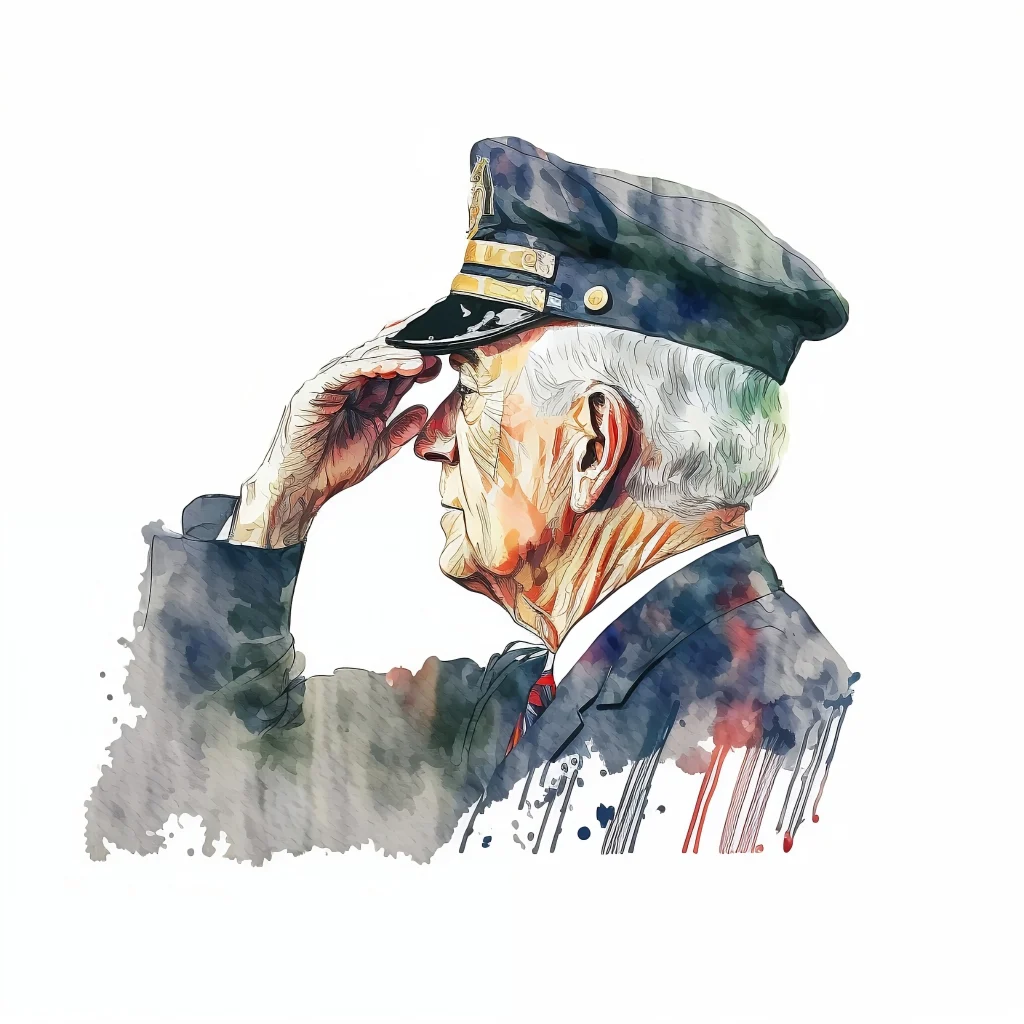Recent Posts
Categories
Is Obesity Considered a VA Disability?
When it comes to VA disability claims, obesity is not typically classified as a direct disability. However, understanding the nuances of how obesity might intersect with VA claims and related conditions can be crucial for veterans seeking benefits.
At Wettermark Keith, we understand that your health is complex and multifaceted. That's why we take a holistic approach, examining how obesity may influence VA disability claims, especially through secondary conditions. Understanding these interactions and providing thorough evidence can be crucial in securing the support you deserve. Learn more about the role obesity plays in your overall health and its implications in the VA disability claims process.
Importance of Evidence for VA Claims
Evidence is the cornerstone of any successful VA disability claim. To secure the benefits you deserve, it's essential to provide comprehensive and credible documentation that clearly connects your condition to your military service. This evidence can include medical records, service records, doctors' opinions, and any other documentation that supports your claim.
For conditions like obesity that are not directly recognized as service-connected, the importance of evidence becomes even more critical. You'll need to demonstrate how your obesity is linked to a service-connected disability or how it has contributed to secondary conditions that impact your health. This might involve showing how a service-related injury led to weight gain due to reduced mobility or how obesity exacerbates other recognized conditions.
Gathering and presenting robust evidence can be a complex process, but it's essential to building a strong case. Proper documentation not only substantiates your claim but also ensures that the VA fully understands the extent of your disability and its impact on your life. Without sufficient evidence, your claim may be delayed, undervalued, or even denied, making it vital to approach this aspect of your claim with diligence and care.

When to Seek Help from a VA Accredited Attorney
If your initial VA benefits claim has been denied, it’s crucial not to navigate the complex appeals process alone. At Wettermark Keith, our VA-accredited attorneys specialize in overturning denied claims and are committed to helping veterans like you receive the benefits you deserve. Contact us today to schedule a free consultation and learn how our seasoned VA disability attorneys can help appeal your VA disability claim.
Trust a Wettermark Keith VA Attorney With Your Case
When you trust Wettermark Keith with your VA appeals claim, you’re choosing a team that takes your case as seriously as you do. We understand that this is not just about benefits; it’s about your well-being, your future, and the recognition you deserve for your service. You fought for our country, now let us fight for you.
At Wettermark Keith, we have an excellent reputation as one of the most accomplished personal injury firms in the country. We offer a diverse range of practice areas, including personal injury cases, auto wrecks, trucking wrecks, nursing home abuse, medical malpractice, on-the-job injuries, social security, and VA disability, to name just a few. At Wettermark Keith, we believe in taking cases personally. Our purpose is to practice with care and compassion - to tell our clients' stories and make their voices heard. We achieve this by building strong relationships based on constant communication and an unwavering dedication to truth and trust.

Frequently Asked Questions
If your VA claim has been denied, contact a Wettermark Keith VA accredited attorney. They can provide expert guidance and help file an appeal to get your benefits approved.
To determine if you qualify for VA benefits for weight loss surgery, it's recommended to contact the VA and provide detailed information about your medical history, service records, and the specific health conditions you are experiencing. A VA medical professional can evaluate your case and determine if you meet the necessary criteria.
If your claim for a secondary condition has been denied, it’s important to review the denial reasons carefully. You can appeal the decision, and working with a VA accredited attorney can improve your chances of a successful appeal by ensuring that your claim is properly supported with evidence.
While your current weight is not typically a factor in VA disability claims, it can be relevant if it has led to or worsened other service-connected conditions. Documenting how your weight impacts your overall health and contributes to other disabilities is essential for a comprehensive claim.
Yes, certain health conditions linked to obesity, such as diabetes, heart disease, and sleep apnea, may qualify for VA benefits if they can be connected to your military service or a service-connected disability. Obesity itself is not typically recognized as a service-connected disability, but these related conditions can be considered for benefits. It’s important to provide strong medical evidence to establish the connection between these conditions and your service.
Being overweight or obese can lead to a variety of serious health problems, many of which are recognized by the VA in disability claims if they can be linked to your military service. Common conditions associated with obesity include diabetes, heart disease, high blood pressure, sleep apnea, and certain types of cancer. Additionally, obesity can exacerbate or contribute to musculoskeletal issues, such as joint pain or back problems, which may also qualify for VA benefits when properly documented and connected to service-related factors.
YOU DON’T HAVE TO DO THIS ALONE
CONTACT VA DISABILITY LAWYERS
To learn more about our law firm, our services, how to access our veterans law resources, and more, contact us today.
You get a free consultation and we won’t charge you a dime until we’ve won your case.


